 On 6 September 2018, The European League Against Rheumatism (EULAR) published an update to a set of recommendations for the management of hand osteoarthritis. The recommendations report on new evidence made since a first EULAR report was published in 2007.
On 6 September 2018, The European League Against Rheumatism (EULAR) published an update to a set of recommendations for the management of hand osteoarthritis. The recommendations report on new evidence made since a first EULAR report was published in 2007.
See the press release (opens in PDF) for the five overarching principles and ten recommendations that were agreed upon in the EULAR document.

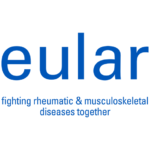

 New dates from the British Medical Acupuncture Society.
New dates from the British Medical Acupuncture Society.
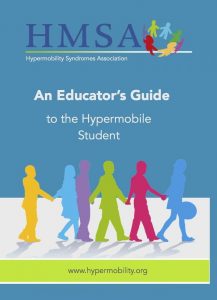
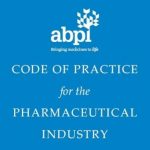



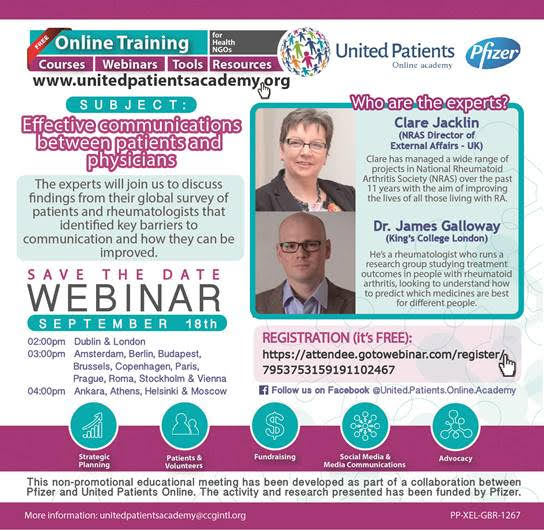 Please join
Please join 


 Musculoskeletal conditions are common – we all know that. But it hadn’t struck me until recently just how common compared to other long term conditions. 17 million people in the UK have an MSK condition. Compare that with the 850,000 with dementia and think about how much we talk about dementia. It’s a similar picture for other conditions: diabetes, 3.5 million people, cardiovascular, 7 million. Only mental health exceeds the prevalence of MSK conditions.
Musculoskeletal conditions are common – we all know that. But it hadn’t struck me until recently just how common compared to other long term conditions. 17 million people in the UK have an MSK condition. Compare that with the 850,000 with dementia and think about how much we talk about dementia. It’s a similar picture for other conditions: diabetes, 3.5 million people, cardiovascular, 7 million. Only mental health exceeds the prevalence of MSK conditions.
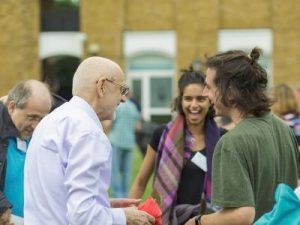 NASS will be returning to Northern Ireland for a Community Engagement Conference on 27 October 2018.
NASS will be returning to Northern Ireland for a Community Engagement Conference on 27 October 2018.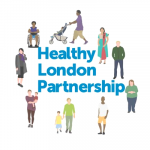
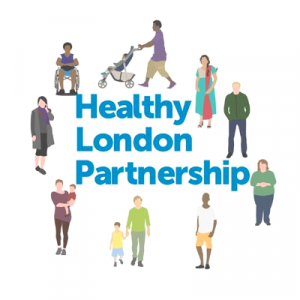 As you are hopefully already aware, a clinically-led programme called London Choosing Wisely is underway to develop pan-London policies for eight treatment areas, to ensure patients across London have consistent access to treatment that improves their health, based on the latest available evidence. Full details about the programme, including a list of Frequently Asked Questions, are available online via:
As you are hopefully already aware, a clinically-led programme called London Choosing Wisely is underway to develop pan-London policies for eight treatment areas, to ensure patients across London have consistent access to treatment that improves their health, based on the latest available evidence. Full details about the programme, including a list of Frequently Asked Questions, are available online via: